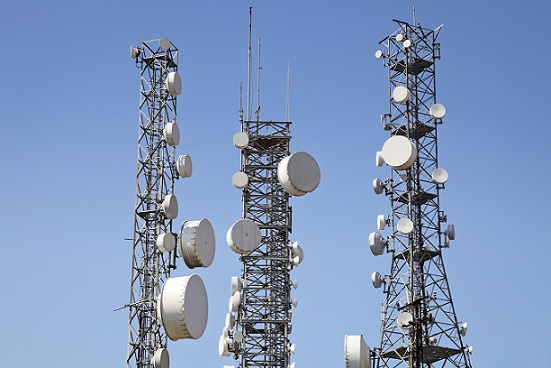Despite an existing agreement between state governments and the Federal Government to slash Right of Way charges to N145 per linear metre, only 7 states have implemented the agreement after one year.
This is an indication that 29 state governments have refused to implement the agreement.
Findings showed that the states that have agreed to deepen broadband penetration in the country by implementing the new charges are Kaduna, Katsina, Plateau, Ekiti, Kwara, Anambra, and Imo states.
While speaking at a virtual stakeholders’ forum, organised by the Association of Telecoms Companies of Nigeria (ATCON), the Minister of Communications and Digital Economy, Dr. Isa Pantami, said the Kaduna State Governor, Nasir El-Rufai, approved the implementation of the new charges in writing.
The high cost of right of way, which range between N500 to N6,000 per linear metre, have been identified by telecom operators as one of the impediments to broadband infrastructure roll-out across the country and a major contributor to the high cost of Internet.
The minister lamented that some states introduced new charges in January this year and further making broadened infrastructure roll our expensive.
Pantami appealed to the 29 state governors to consider implementing the new rate as earlier agreed, to enable Nigeria meet its 70 percent broadband penetration target by 2025, as stipulated in the 2020-2025 Nigerian National Broadband Plan (NNBP).
The minister recalled that he had discussed with the members of the Nigeria Governors’ Forum (NGF), facilitated by its chairman, the Ekiti State Governor, Dr. Kayode Fayemi, on January 22, 2020, and they agreed on the unified rate.
“At that meeting, I made a presentation on the benefits of broadband and requested the buy-in of the governors for the implementation of Broadband Plan and the Digital Economy Policy for a Digital Nigeria, and the governors unanimously agreed to adopt a maximum of N145/linear metre.
“Some of the governors have even waived this amount altogether. Many of the governors have begun full implementation and some have notified us in writing.
“We received reports that some states have introduced some extraneous charges that have increased the charges beyond the amount agreed. We are discussing with states involved in such cases, with a view to addressing the disparity,” Pantami said.
The President of ATCON, Ikechukwu Nnamani, in his opening remarks, noted that the development of a solid digital economy depended on the foundation of a well distributed broadband infrastructure and involved the convergence of all technology types and classes of service.
“To this end we have brought together key industry leaders cutting across the nine sub-group of ATCON’s membership to discuss and strategise with the leadership of the public sector on the best ways to achieve an accelerated implementation of the Nigerian National Broadband Plan,” he added.











